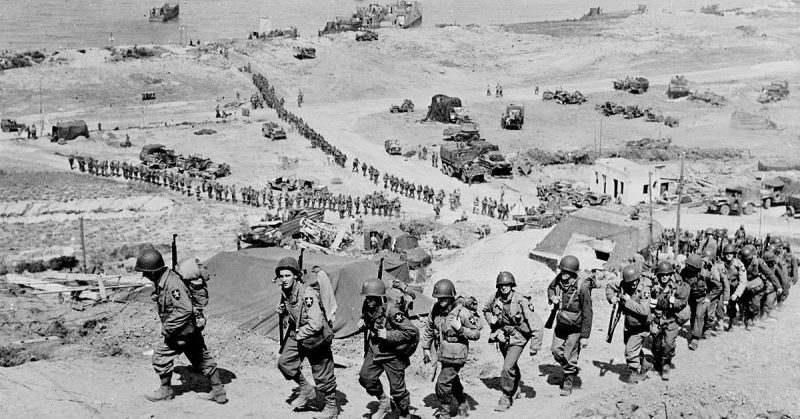The New York Times Army correspondent in North Africa and Italy during the Second World War was a man named Herbert Mitgang. On June 5th, 1944, he reported back to his section editor that American infantrymen had captured Rome, officially making it the first conquered Axis capital of World War II.
As far as victories go it was significant, and it was vastly overshadowed by the events of the next day, when on June 6th, 1944 the D-day landings brought the first battles of the invasion of France.
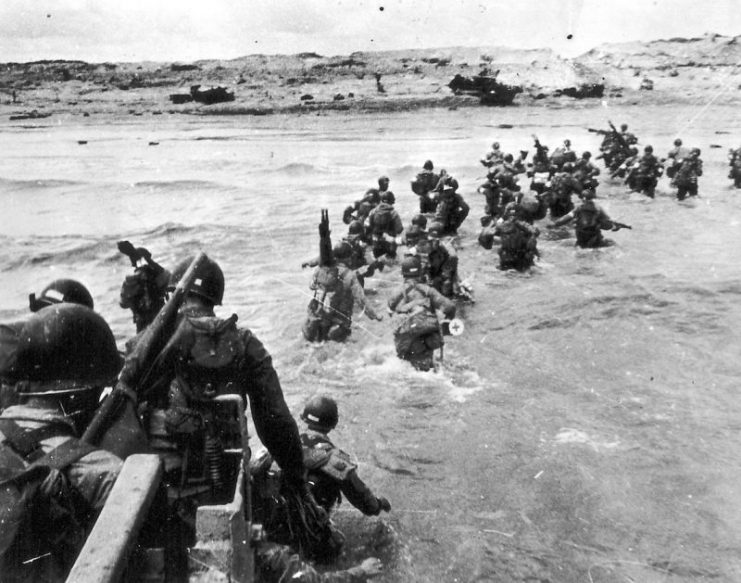
The banner of the American Army newspaper Stars and Stripes pronounced “WE’RE IN ROME” on the day the city fell. Correspondents raced to Il Messaggero, a newspaper plant on the Via del Tritone, to get the paper out. The next day, however, it ran a one-word headline which referenced Normandy, rather than Italy: “INVASION.”
The “dogface” troops who faced heavy enemy resistance on the beachheads of Sicily at Salerno and Anzio for nearly a year and were now riding high on the rush of victory. They were expecting the accolades of a war well fought to rain down for months to come, but were left sorely disappointed when they found that their day of glory lasted literally a day.
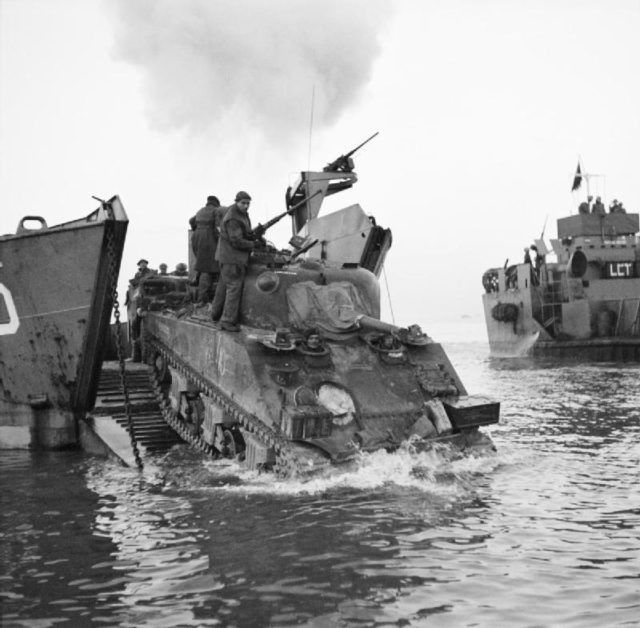
The greater and more portentous victories on the beaches of Normandy relegated their conquest to that of a smaller stature. Rome became an afterthought when it became clear that Berlin was the objective.
The Allied strategy of the war put a much greater premium on the Nazis rather than Mussolini’s fascists, and both factions, the Anglo-Americans and the Russians, were on point in their pursuit. The ugly winter and spring war in the Mediterranean theater was not glamorous, and despite the obvious grueling sacrifice suffered by the American Fifth Army and the British Eighth Army, it still ultimately acquired the callous and undeserved moniker “the forgotten front.”
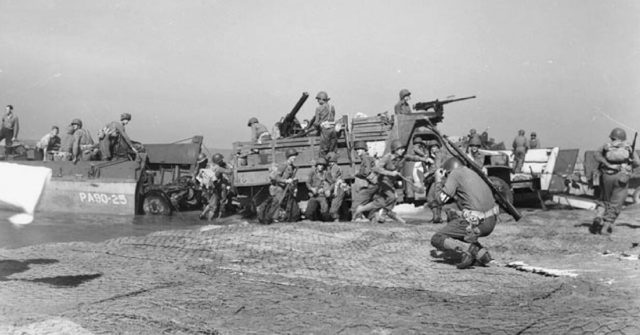
According to Prime Minister Winston Churchill, Italy and the Balkans were the soft underbelly of the axis. Yet, the common soldier, enduring heavy shelling in his foxhole with his head down, all along the forgotten hills after the Salerno landing, would argue about how “soft” it was. However, he would fight on, marching into the center of the resurgent fascist empire to replace the fear and tyranny of the occupying German troops with a sense of relief, freedom, and a second chance for democracy.
Sergeant John A. Vita, a 27-year old Italian-American soldier from Port Chester, N.Y., stood on Mussolini’s balcony in the Palazzo Venezia and mocked Mussolini’s salute, shouting to his adoring crowds lingering below – “Vincere! Vincere! Vincere!” After which he was thoughtful enough to provide a translation: “Conquer! Conquer! Conquer! – For the Allies!” It was the fulfillment of a promise made to his mother, originally from Reggio, Calabria, that he would make a speech from Mussolini’s balcony in Rome. He would later show up among the overjoyed Romans, kissing Madeline Carscallen who had married an Italian in 1935 and survived the Occupation.
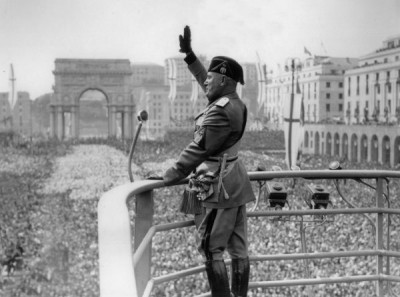
Now the Jews could come out of hiding. And so they did, exiting from monasteries and forests, convents and hospitals. They began the long arduous tasks of finding their children and reconnecting with their families. Soon the walls of the great synagogue in the Piazza della Scuola bore paper scrolls bearing the names of the Jewish missing with the hope that the train of communication from word of mouth would ultimately serve to reunite them with their loved ones.
The above is just a glimpse, a sketch of the countless faces and stories and names of the human consequences of those who fought and suffered and died in what historians have called The Forgotten Front.
